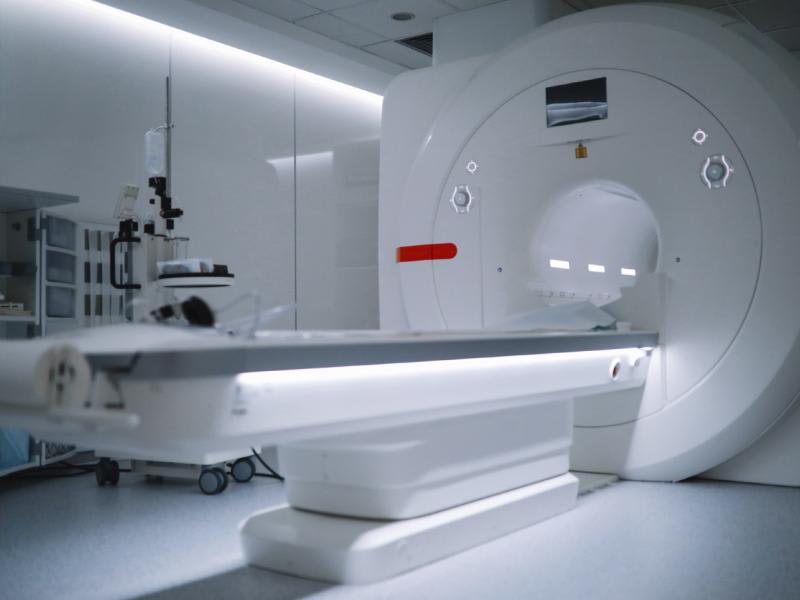Background
The Court of Justice of the European Union adopted a decision on a reference for a preliminary ruling submitted by a High Court of Justice of Romania. The object of this was the interpretation of Article 9 of Directive 90/270/EEC of the Council of 29 May 1990 on the minimum safety and health requirements for work with display screen equipment, related to the dismissal of the petition for reimbursement of the expenses incurred to acquire glasses filed by a worker.
Legal grounds
Chamber Two of the Court of Justice of the European Union analysed that, by virtue of the provisions in the aforementioned Article 9, “special corrective appliances appropriate for the work concerned” must be provided to workers if the results of the appropriate eye and eyesight test, or the ophthalmological examination referred to in the regulation show that they are necessary and normal corrective appliances cannot be used.
The Court of Justice of the European Union pointed out that fulfilment of the minimum provisions that can ensure an enhanced safety level for the jobs that require the use of a display screen is mandatory in order to ensure workers’ health and safety and “special corrective appliances ” must be construed in a broad sense; therefore they do not only refer to prescription glasses but also to other types of appliances that can correct or prevent eyesight problems and that are appropriate for work using display screen equipment, such as contact lenses and, it is not necessary that the work with a display screen is the cause of these problems and it can mean an examination or diagnosis being conducted before beginning to work with the equipment, neither do the regulatory provisions impose any restriction for use outside the working environment.
The Court of Justice of the European Union also stated that, although the provisions do not explain the way that the employer must fulfil this obligation, by interpreting the provisions analysed it must be deemed that this can take place either by directly providing the appliance or else by reimbursing the expenses that the worker needed to incur, specifying this cannot take place by paying the workers a general supplement in their wages.
Conclusions
The judgement of the Court of Justice of the European Union could certainly imply somewhat of an economic impact on the business sectors where display screens or computers are the main working tool used in the company and it will need to be assessed how the aforementioned judgement will be applied to the real Spanish business situation; therefore, please do not hesitate to contact us should you have any doubts about implementing these kinds of measures.





